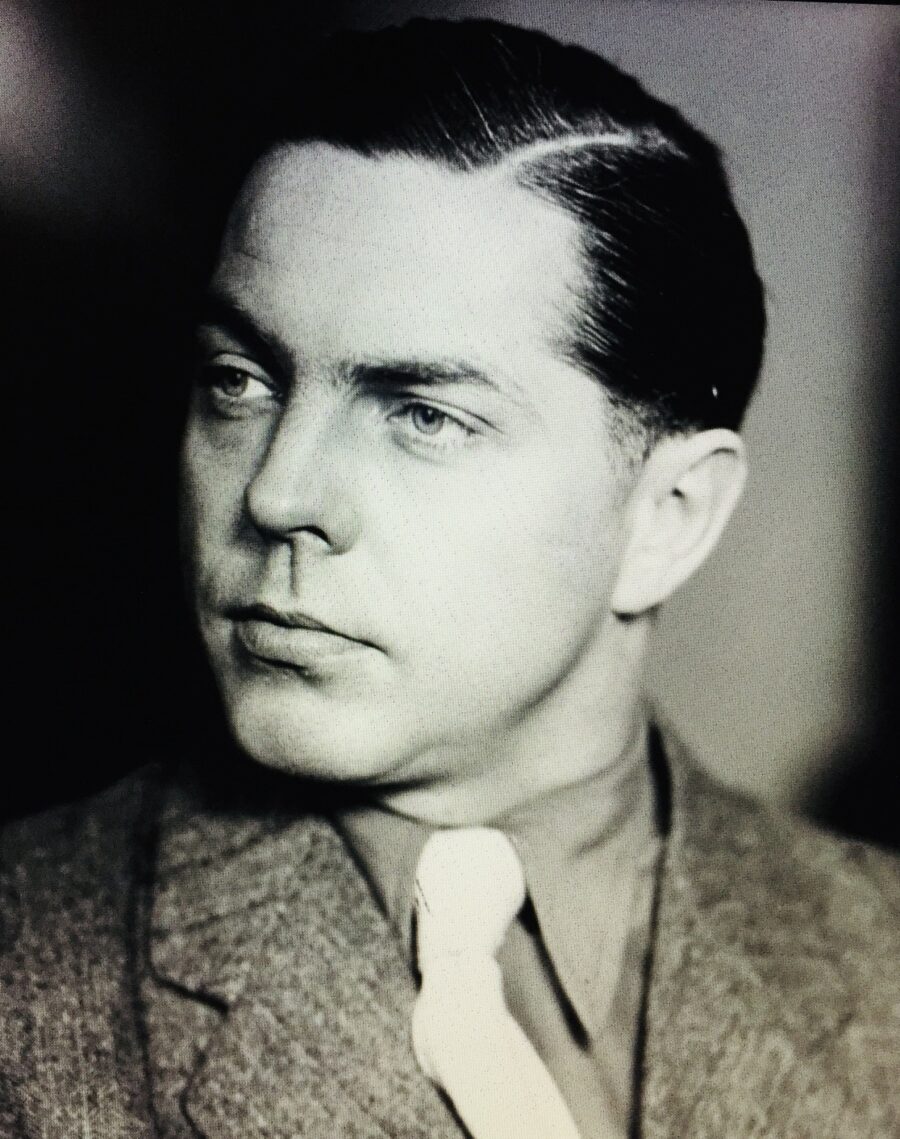Joseph Goebbels, Nazi Germany’s minister of propaganda, recognized the importance of movies as the regime’s primary method of communicating with and winning over the masses of Germans. From the moment Adolf Hitler ascended to power, Goebbels calculatingly used the film industry to his and the Nazis’ advantage. During an eventful period of 12 years, he was the key figure in German cinema.
This intriguing facet of the Third Reich is explored by Rudiger Suchsland in Hitler’s Hollywood: German Cinema in the Age of Propaganda 1933-1945, an absorbing documentary which is now available for viewing on the ChaiFlicks streaming platform. Much of it is based on Siegfried Kracauer’s classic 1947 work, From Caligari To Hitler: A Psychological History Of German Film.
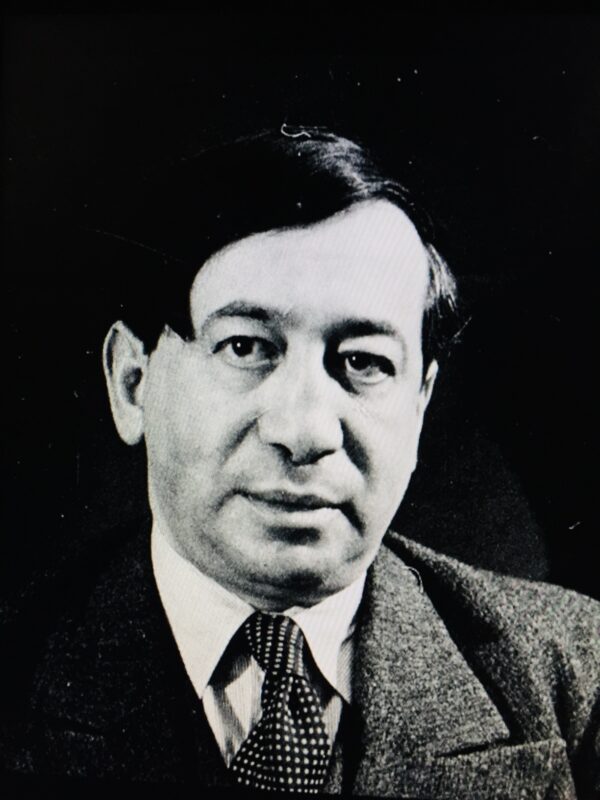
Suchsland does not reflexively dismiss the films of that era, claiming that some were exceptionally good in terms of production values and the performance of the cast. In general, though, they were made with the intention of either indoctrinating or distracting millions of Germans and foreigners.
Of the more than 1,000 films produced, 500 were comedies. Still others were period dramas. Some were intended to burnish national socialism and achieve what the narrator calls “political synchronization.” At least three were explicitly antisemitic.
In keeping with Nazi policy, Jewish directors, producers, screenwriters, musicians, actors and production personnel were driven out of the industry and into exile. According to Suchsland, 2,000 Germans, nearly all Jews, were compelled to leave the country.
UFA, Germany’s major film studio, was expropriated by the government in 1937. Just five years later, the remaining independent studios were folded into UFA, creating a Nazi monopoly.
He believes that Hans Steinhoff’s Hitler Junge Quex, released in 1933, was the first effective Nazi propaganda film. The hero, a young man, suffers a “sacrificial” death for a noble cause.
Leni Riefenstahl, Hitler’s favorite director, left an indelible impression with Triumph of the Will (1934) and Olympia (1936), which respectively celebrated Hitler and the Nazi movement and the prowess of German athletes.
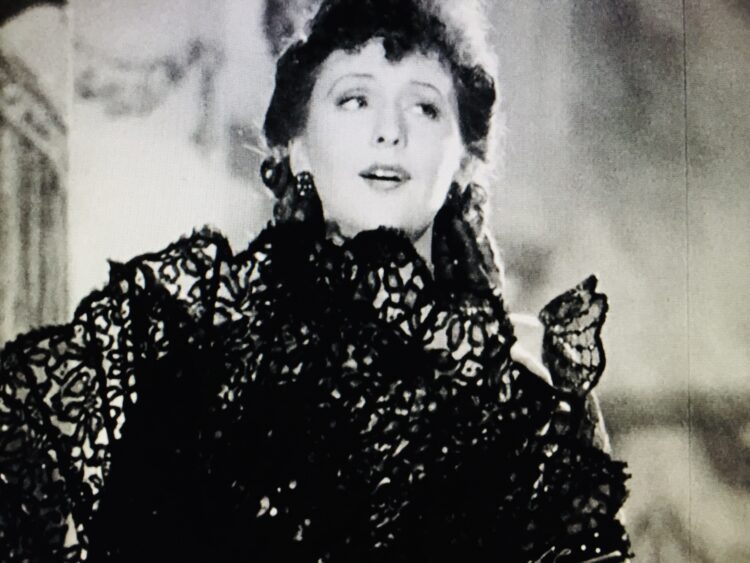
The stars of Nazi movies ran the gamut from Zarah Leander, Brigette Helm and Marianne Hoppe to Hans Albers, Gustav Knuth and Heinrich George.
The Czech actress, Lidia Baarova, had an affair with Goebbels, a notorious womanizer. Hitler, being fond of Goebbels’ wife, compelled him to break off his relationship with Baarova.
Ingrid Bergman, the Swedish actress, appeared in a 1938 German movie, but after the outbreak of World War II, she tried to sweep it under the carpet. Several years later, she starred in Casablanca, a Hollywood drama, as an anti-fascist.
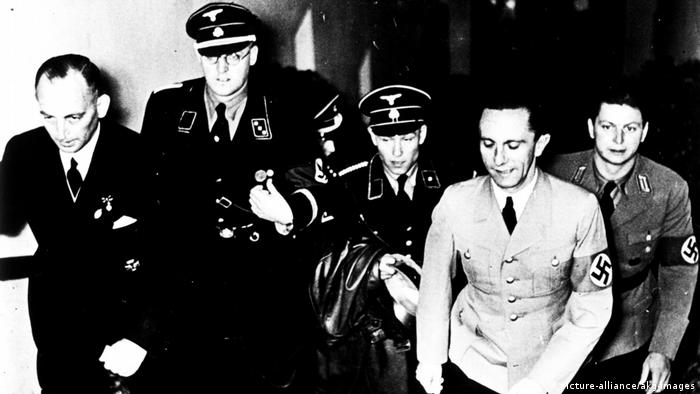
With Germany at war, Goebbels authorized the release of markedly anti-Jewish films.
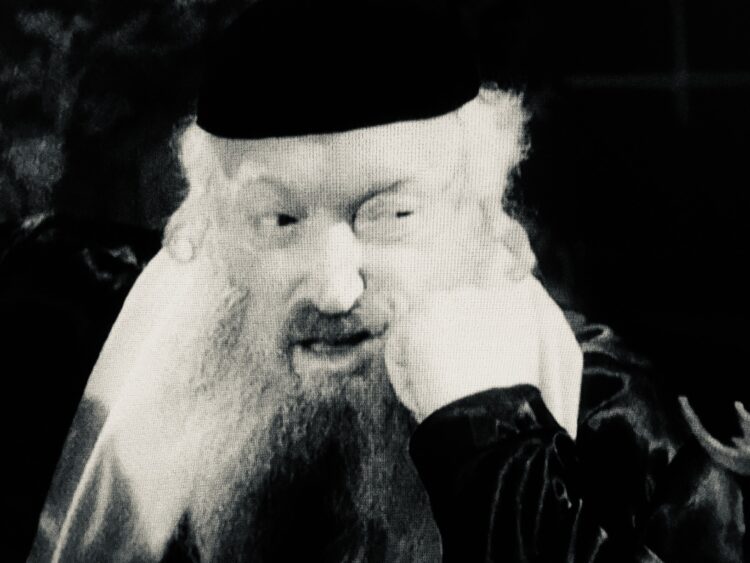
Jud Suss (1940), a period piece directed by Veit Harlan, singled out the “unholy Jew,” and was seen as a call for the murder of Jews. Ironically, Ferdinand Marian, one of its lead actors, had been married to a Jew.
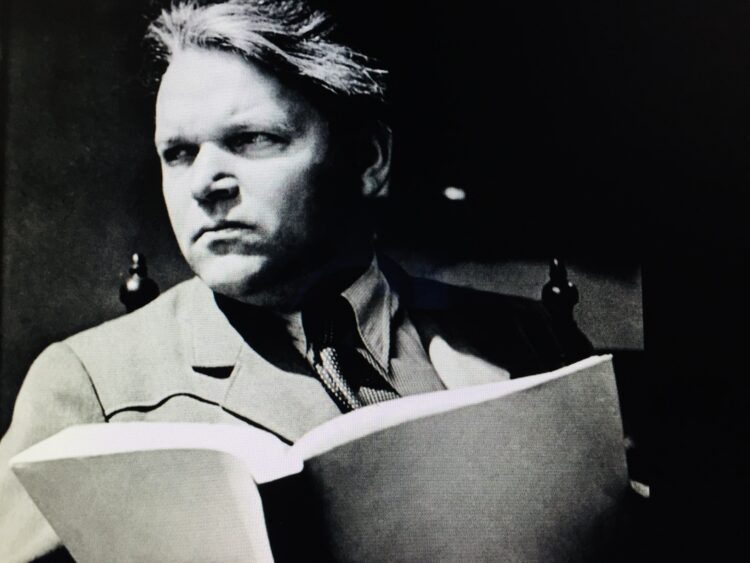
The Eternal Jew (1940), a particularly crude and vicious film, propagated the message that “Jewish spirit and blood will no longer contaminate the German people.” It was directed by Fritz Hippler, who was in charge of the film division in the Ministry of Propaganda.
The Rothschilds (1942), directed by Erich Waschneck, reiterated the myth that the Rothschild family controlled the world’s wealth.
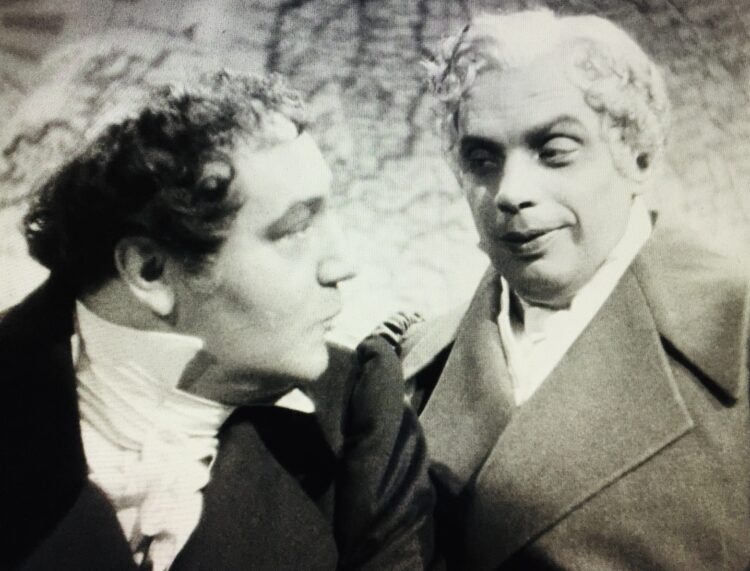
With the war going badly for Germany, Goebbels ordered morale-boosting films steeped in gaiety, illusion and kitsch. One such movie, Munchhausen (1944), was a fantasy that expressed a longing for a better world.
Kolberg (1945), directed by Harlan and employing 100,000 extras, conveyed a spirit of defiance in the face of disaster. Filmed as the Red Army advanced on Germany, it was the most expensive German film ever made.
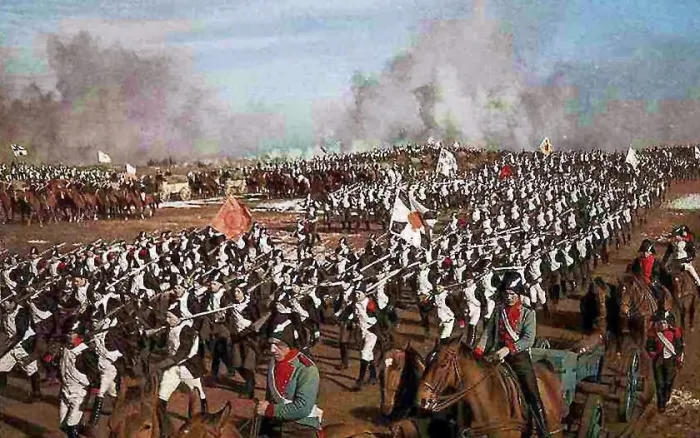
Nazi-era films served the regime exceedingly well, but with the defeat of Germany in the war, they were mostly shelved and forgotten. Hitler’s Hollywood brings some of them back into circulation.
